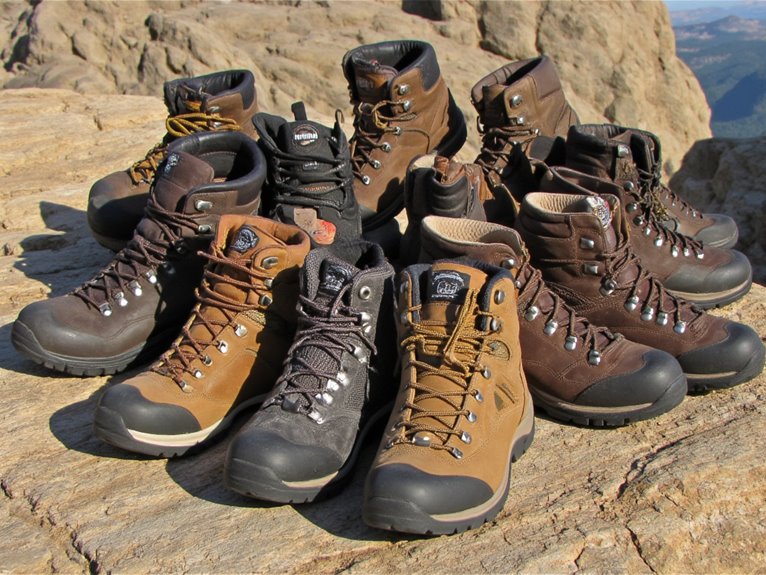Is It Bad to Wear a Backpack All Day?
Wearing a backpack all day can have significant negative effects on the body, causing strain on the shoulders, back, and entire musculoskeletal system, which can lead to discomfort, fatigue, and even long-term injuries if not managed properly. Chronic strain can lead to chronic conditions, such as tendonitis and bursitis, as well as postural imbalances and spinal misalignment. Preventive measures, including proper backpack fitting, weight distribution, and regular breaks, are essential to mitigate these risks. By taking a closer look at the impact of heavy backpacks, individuals can take proactive steps to protect their health and well-being.
We are supported by our audience. When you purchase through links on our site, we may earn an affiliate commission, at no extra cost for you. Learn more. Last update on 20th January 2026 / Images from Amazon Product Advertising API.
The Weight of Heavy Backpacks
Carrying a heavy backpack all day can be a significant burden, literally, as the weight of the pack can put excessive strain on the shoulders, back, and entire musculoskeletal system.
The cumulative effect of this weight can lead to discomfort, fatigue, and even injury.
Additionally, the constant pressure can cause poor posture, which may further exacerbate the issue.
Recognizing the importance of proper backpack weight management is crucial to prevent long-term damage.
By being mindful of the weight and size of the backpack, individuals can take proactive steps to mitigate the negative effects.
This includes selecting a backpack with adequate support, packing only essential items, and taking regular breaks to rest and stretch.
Back and Shoulder Strains
Prolonged use of heavy backpacks can lead to back and shoulder strains, as the constant pressure and weight distribution can cause inflammation and micro-tears in the muscles and ligaments.
This can result in discomfort, pain, and limited mobility.
The strain on the back and shoulders can also lead to fatigue, making it difficult to focus and engage in daily activities.
Additionally, repeated strain can lead to chronic conditions such as tendonitis and bursitis.
In addition, taking regular breaks to rest and stretch, as well as adjusting the backpack to fit comfortably and distribute weight evenly, is crucial.
Posture and Spinal Alignment
Wearing a heavy backpack can throw the entire body out of alignment, compromising posture and putting strain on the spine as it struggles to compensate for the added weight.
This misalignment can lead to a range of issues, including rounded shoulders, a forward-leaning head, and an arched lower back.
As the body adjusts to the weight, the spinal curves can become exaggerated, placing additional pressure on the muscles and joints.
Prolonged wear can lead to chronic postural imbalances, making it essential to take regular breaks to rest and stretch.
Proper backpack fitting, weight distribution, and body mechanics can help mitigate these effects, but awareness of posture and spinal alignment is vital for maintaining a healthy back.
Long-term Health Consequences
Chronic strain on the muscles and joints can culminate in long-term health consequences, including musculoskeletal disorders, nerve damage, and even chronic pain syndromes.
Prolonged wear of heavy backpacks can lead to repetitive strain injuries, such as tendonitis and bursitis, which can cause persistent pain and limited mobility.
In addition, the constant pressure on the shoulders, neck, and back can result in chronic conditions like sciatica, herniated discs, and degenerative spinal disorders.
Recognizing the potential long-term consequences of wearing a heavy backpack daily, emphasizing the need for proper backpack use, regular breaks, and preventative measures to mitigate these risks is crucial.
Preventing Discomfort and Injury
By adopting a few simple strategies, individuals can substantially reduce the risk of discomfort and injury associated with wearing a backpack all day.
One effective approach is to maintain proper posture, keeping the shoulders back and the backpack close to the body.
Additionally, adjusting the shoulder straps to fit comfortably and distributing the weight evenly can greatly reduce strain on the back and shoulders.
It is also essential to pack the backpack wisely, avoiding overloading and keeping the heaviest items closest to the body.



